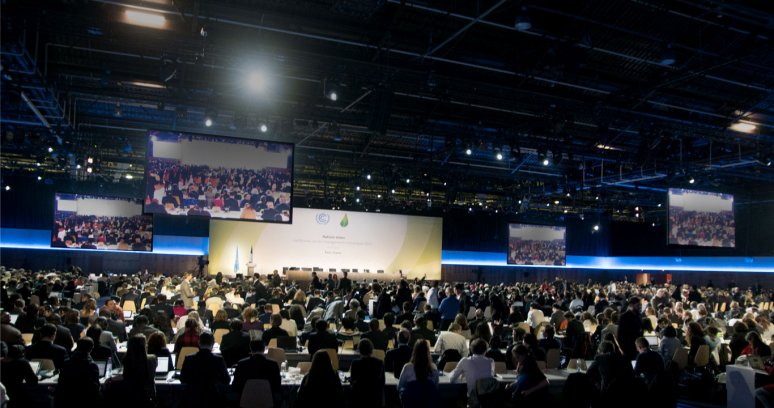
Sateri joins Fashion Industry Charter for Climate Action
Geopolitical context gives no credence to the old narrative in Japan for the need to rely on fossil fuels to achieve stable supply, organisation says.

7th June 2022
Innovation in Textiles
|
Japan
Major Japanese companies including fibre giants Asahi-Kasei and Teijin are supporting the Japan Climate Initiative (JCI), which is calling on Japan’s government to take stronger action to mitigate climate change, including introducing renewable energy, despite the fossil-energy crisis and global instability.
On June 3rd, the JCI issued the following statement:
“With Russia’s invasion of Ukraine destabilising the world’s energy supply, more than ever, Japan’s priorities should be to reduce the total amount of energy used through the promotion of energy conservation and efficiency, and to accelerate the deployment of domestically-produced renewable energy, which is unaffected by the geopolitical climate. The geopolitical context gives no credence to the old narrative in Japan for the need to rely on fossil fuels to achieve stable supply.
“This message calls for the Clean Energy Strategy – which is being developed by the Japanese government to be issued around June this year – to focus on promoting the development of renewable energies such as wind and solar power, to provide 40-50% of Japan’s power needs by 2030.
“285 organizations endorse the message including pioneering large Japanese companies, small and medium enterprises (SMEs), local governments, consumers and religious groups
“In the face of the growing fossil energy crisis, this is the first time that Japanese companies, local governments and other organisations have called for stronger action on climate change and placed the expansion of renewable energy at the heart of a clean energy strategy under the their own names.”
The endorsement of a variety of organisations is a clear demonstration of the strong will of non-state actors in Japan that even during periods of global upheaval and fossil energy crises, climate action must not be allowed to take a back seat, the JCI adds.
The JCI network was established in Japan in 2018 to help entities working to combat climate change to strengthen their intercommunication and exchange best practices and solutions. The JCI’s last statement issued in April 2021 encouraged companies, local governments and organisations to help achieve the country’s emissions-reduction targets and collectively demonstrate Japan’s willingness to support global efforts to combat climate change.”
Teijin, as a member of JCI, has set internal goals for lowering its group-wide environmental impact, include targets for achieving net-zero emissions by fiscal 2050. As one practical initiative, Teijin introduced internal carbon pricing (ICP) to quantify CO2 emissions as costs and thereby create economic incentives to reduce emissions. Teijin’s new targets for greenhouse gas emissions are also officially validated science-based targets for helping to limit the average global temperature rise to well below two degrees Celsius from pre-Industrial Revolution levels, which presumably will reduce the risks and impacts of climate change significantly.

Business intelligence for the fibre, textiles and apparel industries: technologies, innovations, markets, investments, trade policy, sourcing, strategy...
Find out more